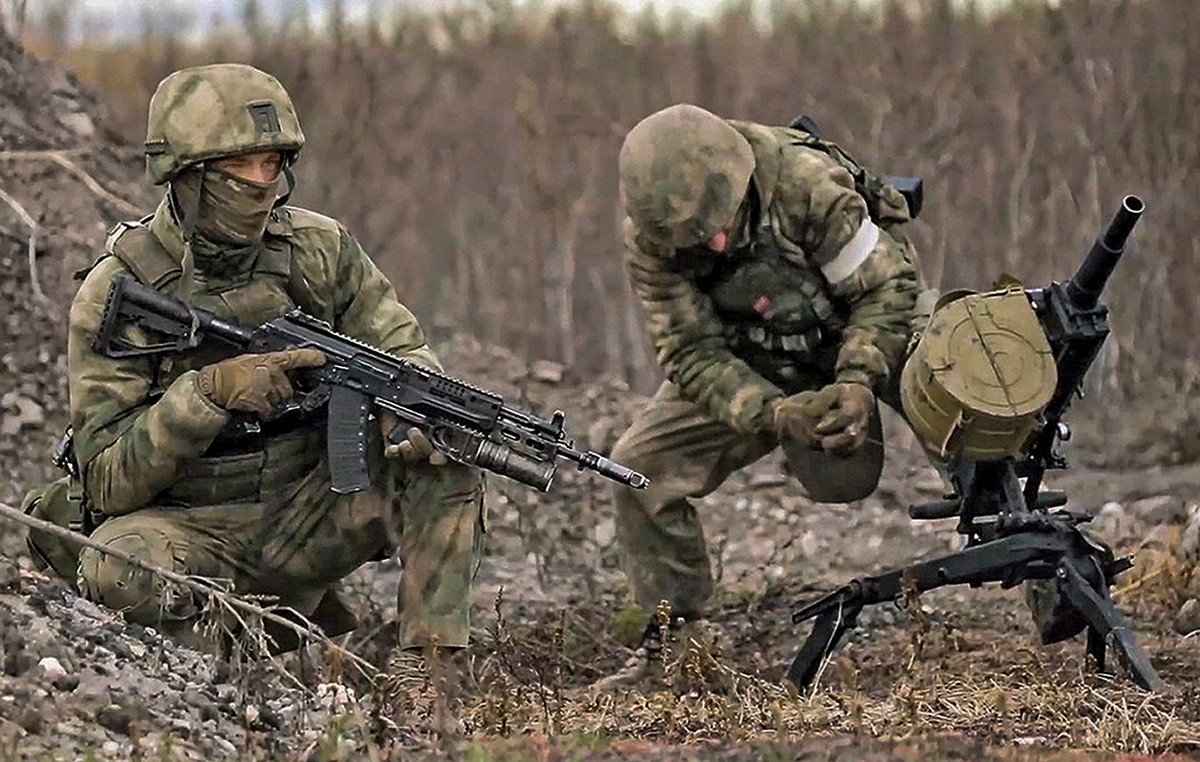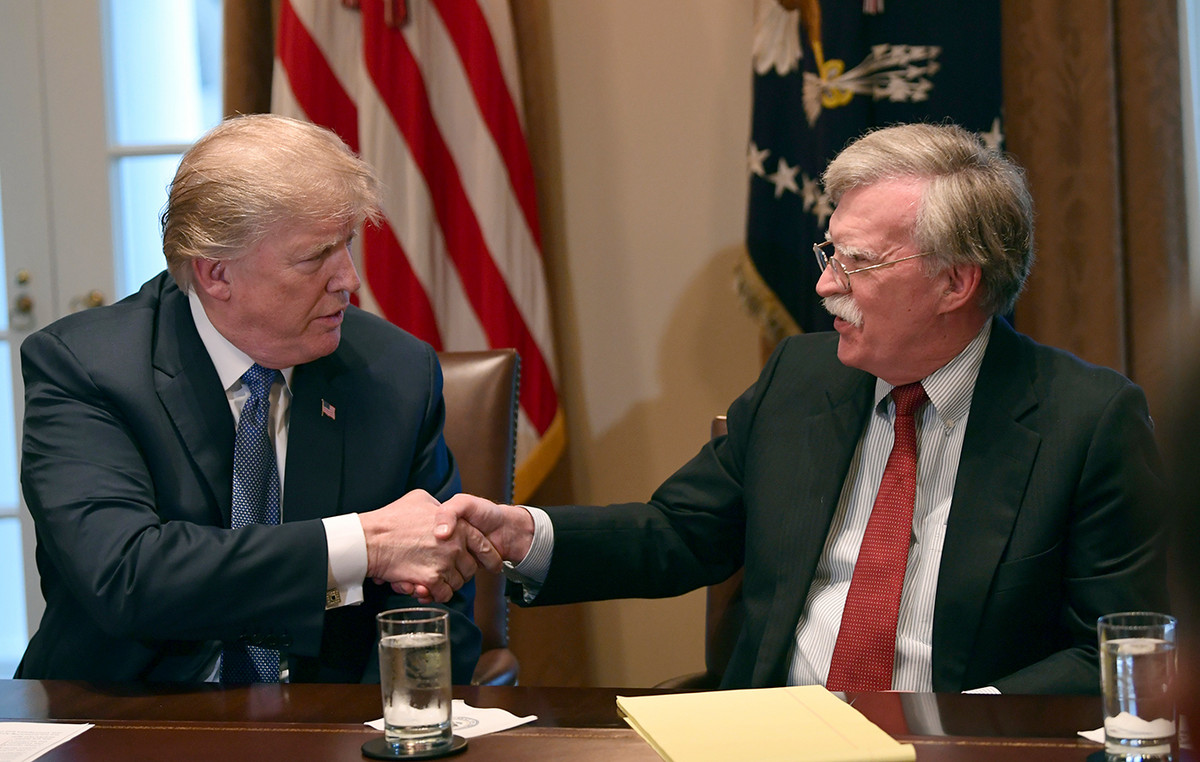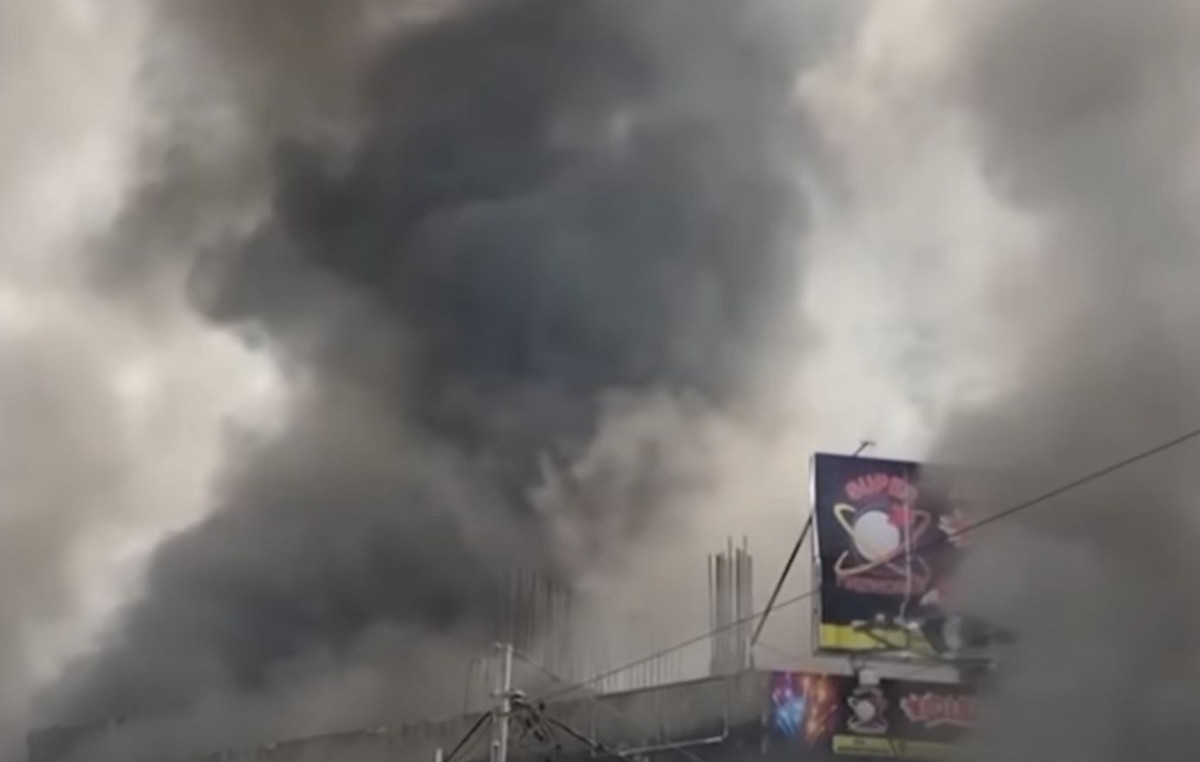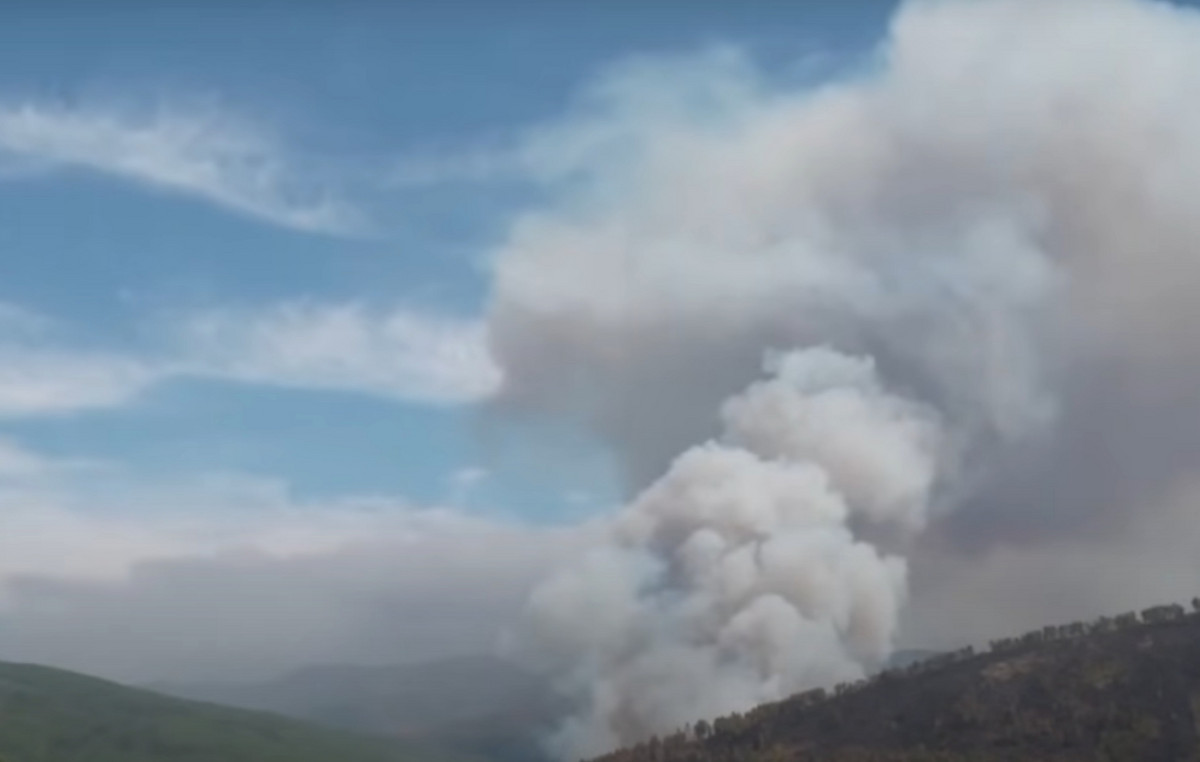Celebrating Holocaust Remembrance Day while the International Court of Justice orders Israel to avoid a genocide in Gaza may seem like a perverse coincidence. Have the victims become the executioners?
The request from the Ministry of the Interior and the police headquarters postpone the pro-Palestinian demonstrations on the Saturday in which the extermination of the Jews is remembered he avoided the videos of burning Israeli flags on social media, but not the polarization on social media and in our heads. The Interior Ministry accepted the invitation of the Jewish communities who asked to avoid the disgrace of seeing the squares full of anti-Israeli slogans on the very day in which the extermination of the Jews between 1941 and 1945 is remembered. But those predictable scenes, with the flags of Israel in flames and the slogans on the walls, are only postponed.
Instead, this coincidence of dates – between the Court of Justice on the genocide and the anniversary of the liberation of the Auschwitz camp, 27 January 1945 – forces us to take literally the mandate of the Italian law of 2000, which established the Day of Remembrance not to finance some conferences, but «to preserve in the future of Italy the memory of a tragic and dark period of history in our country and in Europe, and so that similar events can never happen again».
In recent years, due to the death of almost all the survivors as well as the last executioners, the celebration of the memory of the Shoah seemed to have become a ritual passage, shared by all. A removal of its disturbing complexity which is summed up in the unanimous applause for senator for life Liliana Segre at the premieres at La Scala. Suddenly, however, memory once again became the subject of political conflict, as if remembering the Jews who entered the extermination camps alive and emerged from the fumes of the crematoria could provide a pass for the Israel Defense Force's operations in Gaza. Or, on the contrary, as if the dead of the Shoah were the true tribunal that can condemn the violence of their descendants against the Palestinians.
Precisely because memory is now the subject of conflict, it is worth remembering that much of what happens today is influenced by the Shoah (for example Germany's support for Israel even at the Court of Justice, as atonement for past sins). But there are no great similarities between the extermination of the Jews and the war crimes in Gaza: one was a project cultivated in secret by the Nazi elites, fueled by popular indifference and prejudice, a plan for which few took public responsibility, a massacre without comparison. The war in Gaza is, however bloody, a military operation in response to a terrorist attack, an intervention that must be subject to international law also shaped by the shared objective of never allowing certain horrors again: Israeli generals know that they could find themselves – and almost certainly will – answer for war crimes.
Israeli Prime Minister Benjamin Netanyahu was already in disgrace before the war, for having split the country with a constitutional reform motivated above all by the search for impunity for his judicial affairs. Today he knows that he has become unpresentable, that he was unable to protect his own people and will be remembered only for the deaths of October 7, for the abandoned hostages and for the children killed in Gaza.
In short, the memory of the Shoah is not functioning as an alibi for Israel's most execrable actions in Gaza, but – on the contrary – its translation into rules and institutions in the post-war period has become the barrier to its excesses. The memory lives on in the UN's calls for humanitarian aid to enter Gazabut also in the Court of Justice which asks Israel to prevent any risk of genocide without denying the right to fight the existential threat of Hamas.
The International Court of Justice settles disputes between states: South Africa has asked to stop the genocide in Gaza, the Court says it does not have all the elements to establish whether this is what is happening, but in these cases when in doubt one must avoid worst case scenario. Therefore Israel must moderate itself, in deeds and in words: when Defense Minister Yoav Gallant, after the Hamas attack, promised a “complete siege” on Gaza, to be left without water and energy, he was in fact suggesting treating every single Palestinian as a terrorist to be eliminated.
Remembrance concerns the past, memory acts on the present and shapes the future: remembering the Shoah means remembering the dignity of each individual and that there is no collective guilt, of entire peoples, or of religions. The memory of the Shoah, however, is not a generic compassion for the millions of human beings who disappeared prematurely. While empathy is a necessary ingredient in any political choice that affects other human beings, it is not enough to prevent catastrophes.
With the best intentions, Faced with the massacres of children in Gaza, many take refuge in reassuring slogans which are not political options: peace, two peoples, two states, ceasefire. Good solutions for changing your status on social media, but not for achieving any concrete results and saving lives. The ceasefire would not be peace or even security, not for the Israelis near Gaza nor for the Palestinians who would remain in the hands of Hamas; that of two peoples and two states is certainly not a solution that implies peace: the over 450,000 illegal Israeli settlers in the West Bank are the most armed and bellicose, just as Hamas and other Islamist groups will never accept Israel.
Many of the paths that lead to some form of temporary peace look a lot like military victories that annihilate the enemy, for example Houthi pirates firing missiles into the Red Sea at merchant ships from countries supporting Israel. Peace, like memory, is a laborious project that requires collective effort, leadership and decision, but also compromise and the ability to make them digestible. It doesn't need flags to wave, or to burn.
As it often happens, it is up to the President of the Republic Sergio Mattarella to offer a possible way of synthesis to those who feel disoriented by this increasingly pressing request to take sides: «Even in our day, the wheel of history sometimes seems to lose its way, taking humanity backwards, to times and seasons that we would never have thought we would have to relive», says Mattarella at the Quirinale while celebrating Remembrance Day. It was Hamas, with its attack on Israelis on October 7, that built an obscene replica of the Shoah in the Middle East, says the president. But this gives Israel no alibi for violating international law and human rights in Gaza, nor can the Israelis deny the Palestinians a future prospect other than annihilation or submission to the corrupt Islamist leaderships that govern Gaza and the West Bank: «Those who have suffered the vile attempt to erase their people from the land they know that another people cannot be denied the right to a state.”
The Shoah and Remembrance Day cannot be ignored. And for this very reason Gaza cannot be ignored. This is the alternative that Mattarella offers to the logic of cheering and social controversy.
Source: Vanity Fair
I’m Susan Karen, a professional writer and editor at World Stock Market. I specialize in Entertainment news, writing stories that keep readers informed on all the latest developments in the industry. With over five years of experience in creating engaging content and copywriting for various media outlets, I have grown to become an invaluable asset to any team.







